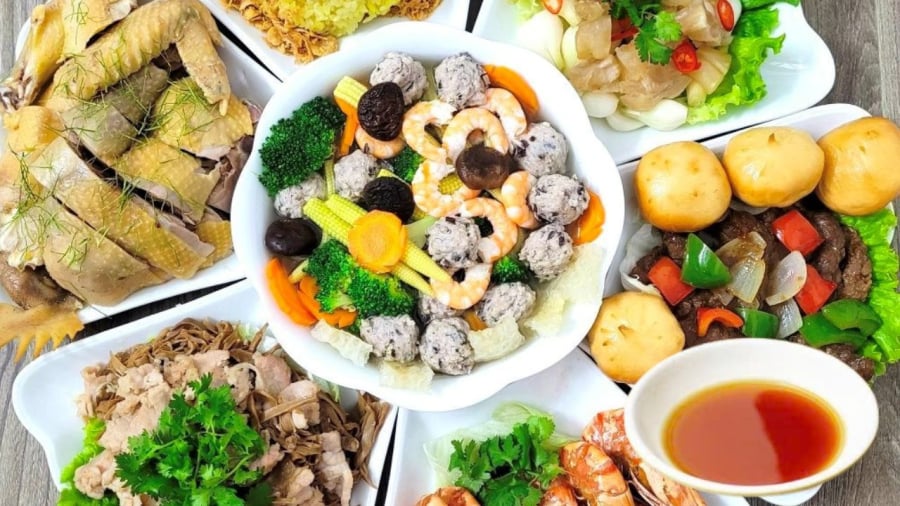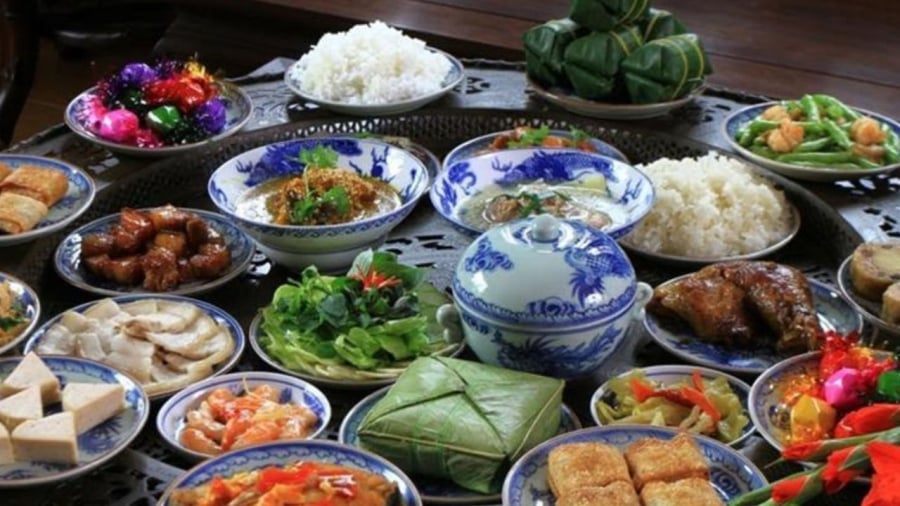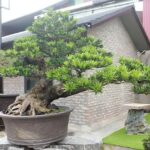In Vietnamese worship, many families offer ancestral offerings of meat dishes, while others opt for vegetarian meals. Both types of offerings may include fish sauce, as there are vegetarian and non-vegetarian options available.
Fish sauce is a distinctive and popular condiment in Vietnamese cuisine. For many, a meal is incomplete without a bowl of fish sauce to dip their food in; it adds a unique flavor to the dish. But when it comes to offering ancestral worship, is it appropriate to include fish sauce on the altar?
Ancestral worship is an integral part of Vietnamese culture and beliefs. Some hold the notion of ‘as above, so below’, implying that the offerings presented to ancestors should resemble the meals prepared for them when they were alive. Following this belief, one would want to ensure that the offerings are as comprehensive as a regular meal. However, there are certain taboos to be observed to avoid any vulgarity on the altar. For instance, strong-smelling, pungent foods like beef, dog meat, raw salads, and fish are usually avoided. Thus, whether or not to include fish sauce in the offerings depends on the family’s beliefs.

Fish sauce – a familiar condiment
From a feng shui perspective, the altar should maintain a sense of solemnity, and the space should be kept clean, fragrant, and pleasant. Therefore, when preparing offerings, it is customary to choose traditional dishes with mild, delicate flavors, such as steamed rice cakes, chicken, fruits, bamboo shoots soup, and fried spring rolls. Strong-smelling foods are generally avoided. While including fish sauce in the offerings may demonstrate thoroughness and sincerity in the culinary aspect, it could also potentially create an unpleasant odor in the worship space. Hence, if one chooses to include fish sauce, it is advisable to opt for a milder variety to prevent the altar from becoming overly pungent. Additionally, the intense aroma of fish sauce may distract those performing the rituals, making it difficult to focus.

Whether to include fish sauce is up to the discretion of the family, but strong-smelling varieties are best avoided.
Some points to consider when preparing offerings:
– Avoid strong-smelling, pungent foods like raw salads, fish, duck, carp, boar meat, quail eggs, and shrimp paste.
– It is advisable to use separate sets of plates and bowls specifically for offerings, as it adds a sense of solemnity. After the ritual, transfer the food to the family’s regular dishes, and then wash and store the offering dishes separately.
– Do not leave the offerings on the altar for too long, as it may attract flies and mosquitoes, affecting the ambiance of the worship space and the hygiene of the food.
– Those performing the rituals should dress respectfully and appropriately.
– Ensure that the incense ashes do not fall into the food, as it may compromise the hygiene of the offerings when partaking in the ritual meal.
Reference for further exploration
The Magic of the Fig Tree: Unveiling Ancient Secrets for Prosperity
The mulberry tree is a beloved and popular choice for gardeners and homeowners alike. This unassuming yet majestic tree has a unique significance in the ancient art of Feng Shui, and its placement can bring about a myriad of benefits. The ancient practice of planting mulberry trees is a fascinating one, and it is said to bring good fortune and prosperity to those who embrace it.
The Magic Trio: Plant These 3 Trees to Invite Prosperity and Improve Your Luck
For centuries, our ancestors have passed down a wealth of knowledge and beliefs about Feng Shui, including the concept of planting ornamental plants in front of our homes. Among these beliefs, three particular types of plants are thought to bring not just wealth and luck but also prosperity and flourishing growth to the household.
The 5 Things You Should Never Place Under an Altar
In the realm of feng shui, it is imperative to maintain a pristine and orderly space for the altar. This sacred area must be treated with the utmost respect, free from any clutter or random objects that could disrupt the harmonious flow of energy. It is believed that a tidy altar space invites positive energy and brings peace and prosperity to the home.



































